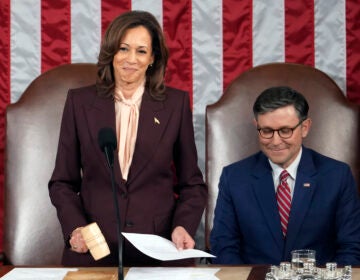As she is poised to be the Democratic nominee, here are 5 things about Kamala Harris
In a career marked by firsts, Harris is no stranger to charting a new path.
Just one day after President Biden threw his support behind Vice President Harris for the 2024 Democratic presidential nomination after dropping out of the race, Harris secured enough delegates to win the nomination, according to the Associated Press.
While she has not officially become the nominee, if she does when the DNC holds its virtual roll call on Aug, 7, Harris will become the first woman of color to be a major party presidential nominee.
Harris, the daughter of immigrants from Jamaica and India, has had a career with many firsts: She became the country’s first Indian American senator when she was inaugurated in 2017. She is California’s first female and South Asian attorney general. In 2021, she became the first woman to become vice president, in addition to being the first Black or Asian American person in the position.
And, if she were to win the general election against former President Donald Trump, she would become the first woman president of the United States.
Here are five things to know about Harris:
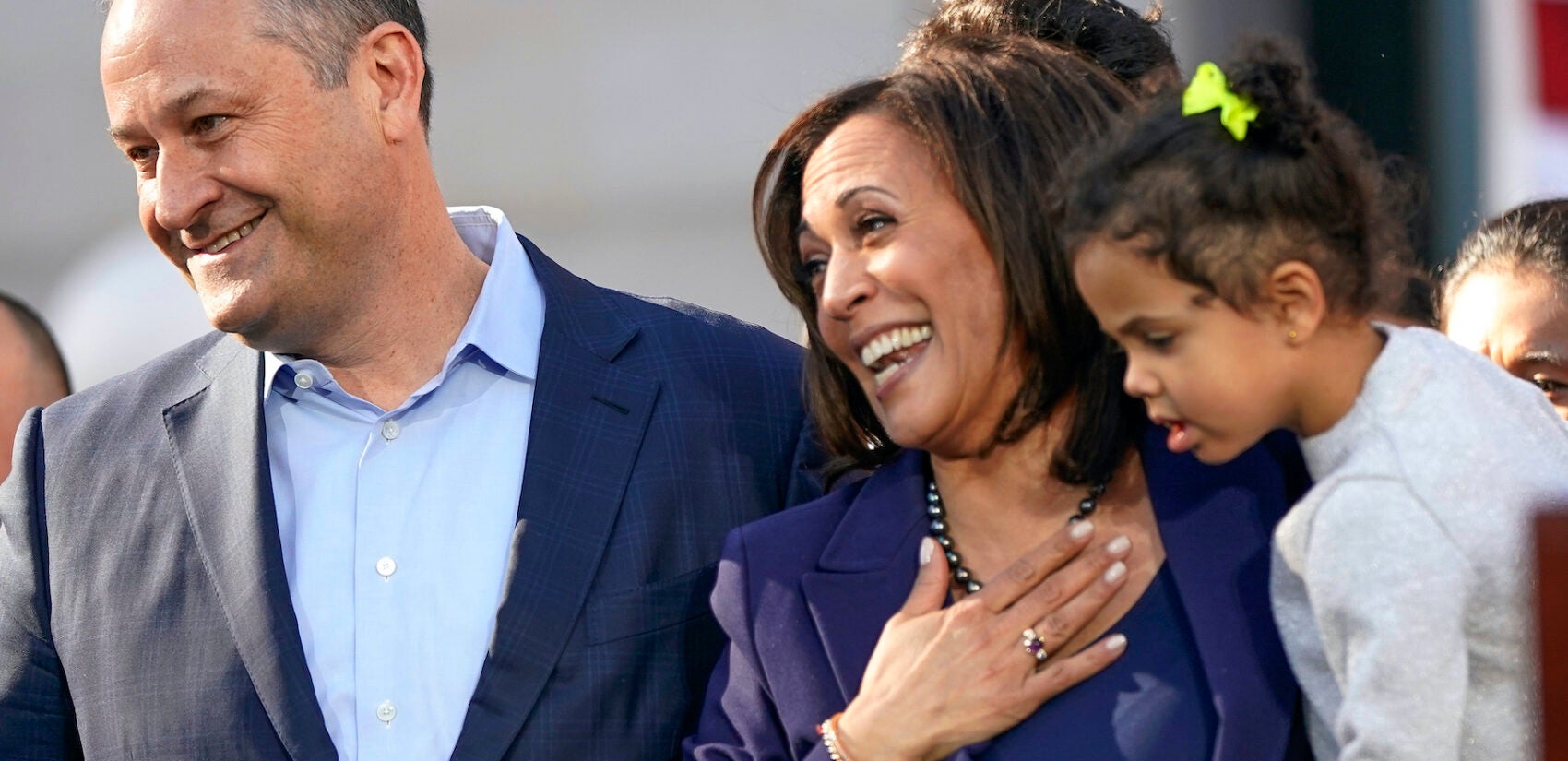
1. She ran for president in 2020 but didn’t get very far
Harris announced in 2019 she would run for the White House, and while Harris notably pushed Biden on his previous record over desegregation and busing, that was the high point of her run. Most of her bid, in fact, was riddled with campaign hiccups and minimal momentum.
She was criticized for how she championed tough truancy policies when she was the attorney general for California, which some said perpetuated inequities in the criminal justice system and disproportionately affected families of color. Harris later said she regretted the “unintended consequences” that law had on families.
More broadly, Harris failed to distinguish her positions on key issues, in ways that her competitors, such as Massachusetts Sen. Elizabeth Warren and Vermont Sen. Bernie Sanders, were able to. In the months following, Harris failed to gain steam with limited funds and little excitement behind her campaign, and she dropped out by December 2019
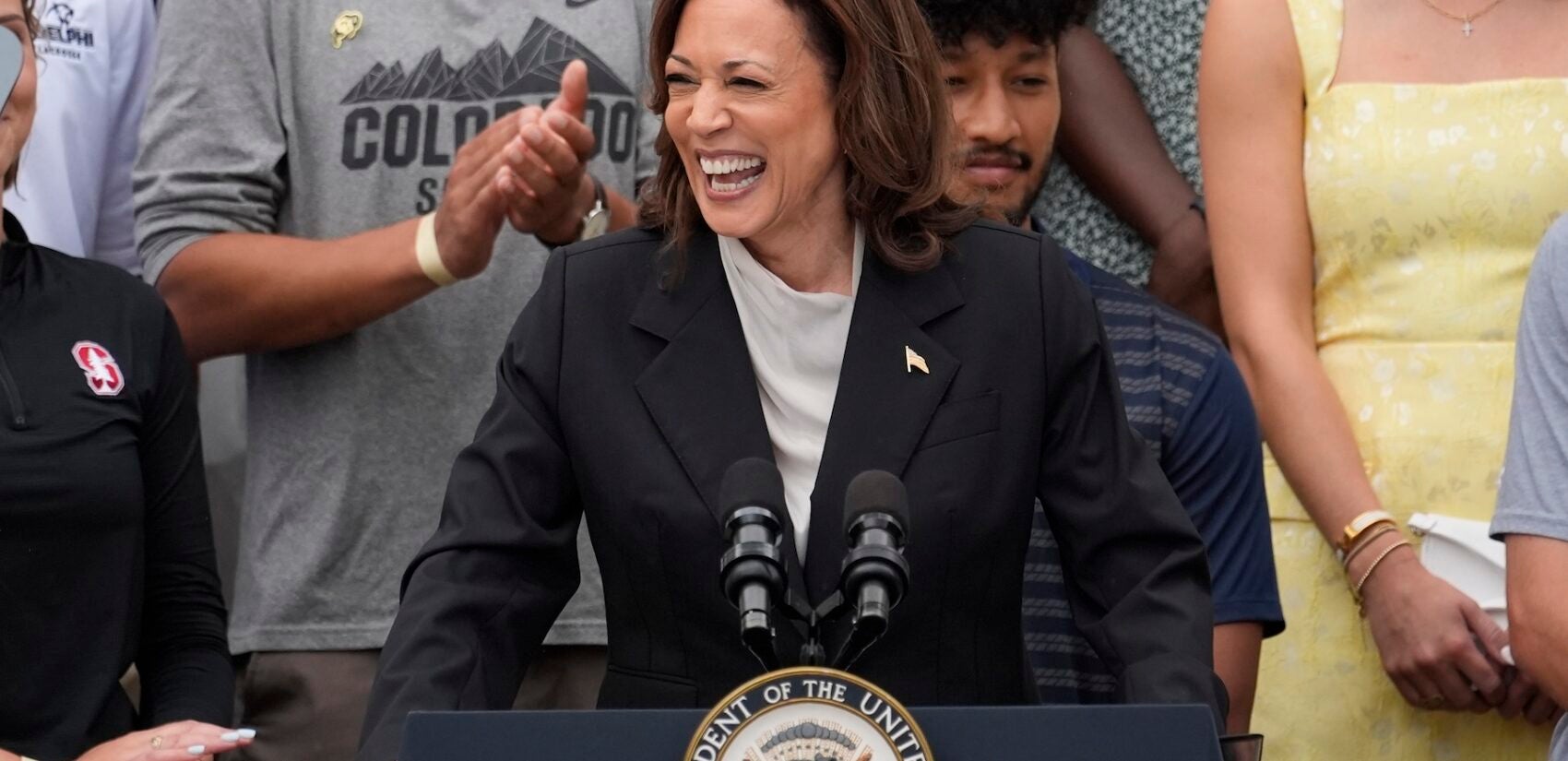
2. She has a mixed legacy in criminal justice
During her 2020 presidential bid, Harris ran to the left of Biden on several criminal justice issues, like ending solitary confinement and implementing a national standard on the use of deadly force.
But her “tough on crime” track record as a prosecutor, district attorney, and attorney general in California during the 1990s and 2000s is a clear reminder of her complicated and sometimes contradictory legacy on the criminal justice system.
On the one hand, she established a reentry program in the early 2000s that was seen as a form of restorative justice. She supported legislation that would expand voting rights to those serving felony sentences. She also opposed the death penalty — and stood by that when she did not seek the death penalty against a gang member who killed a police officer in 2004. But when the opportunity came to get rid of the death penalty in California, Harris appealed that ruling. Then, when California Gov. Gavin Newsom put a moratorium on the death penalty in 2019, Harris praised Newsom for the decision, and subsequently called for a federal moratorium on executions.
It took her years as San Francisco’s district attorney to adopt a defendant’s rights policy known as the Brady doctrine, even though her staff recommended the policy to her in 2005. As state attorney general, she rejected the use of advanced DNA testing in the case of a Black man who was — and still is — on death row for a notable murder case, though she has since said she felt “awful” about that decision. She also did not go after cases that involved killings by the police in San Francisco shortly after the 2014 killing of Michael Brown in Ferguson, Mo., which brought on the ire of protesters in Oakland. The year after, she declined to support a bill that would have her office investigate officer-involved shootings, and she did not back statewide standards over body cameras worn by police officers.
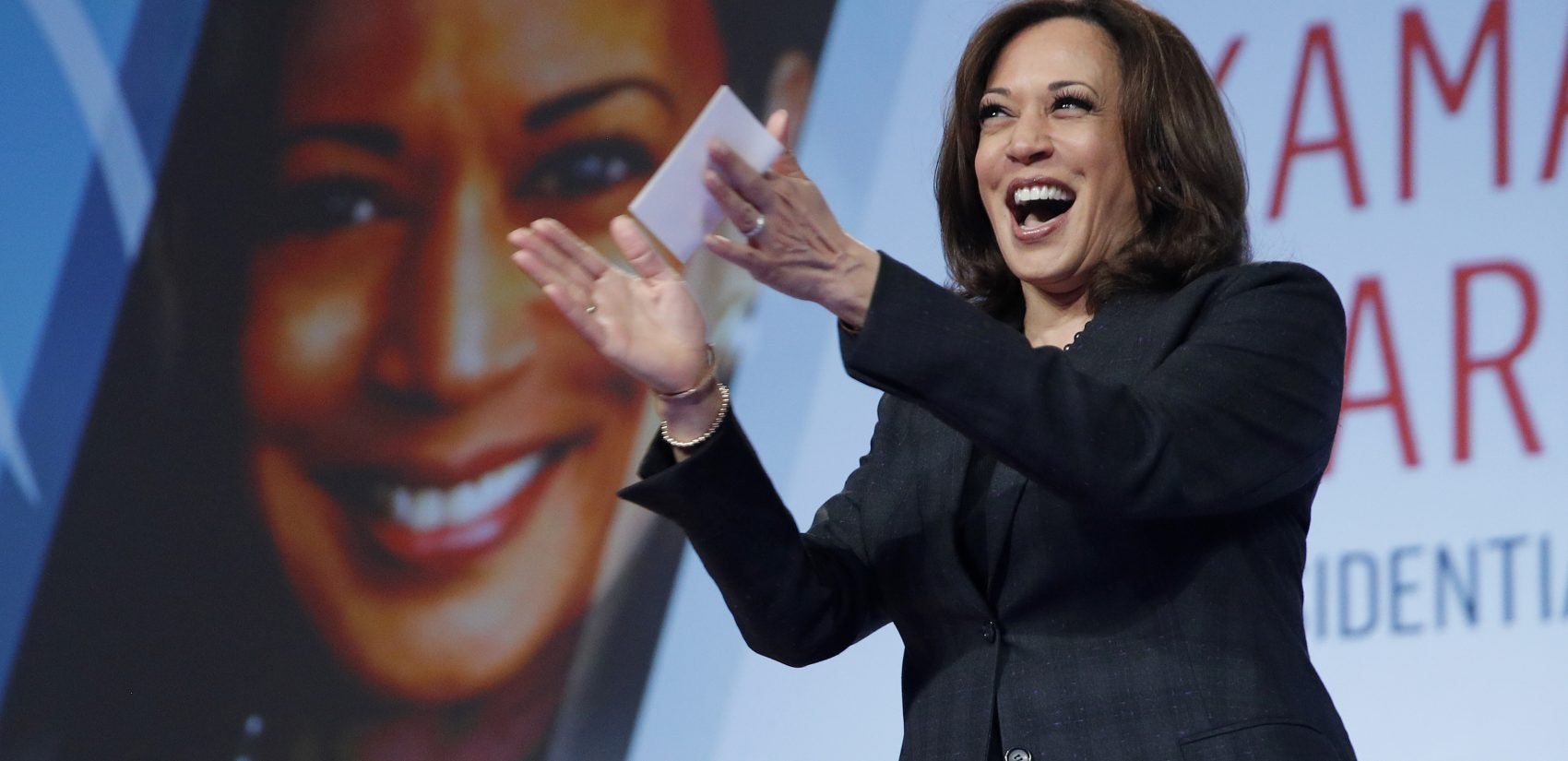
3. She is known for high-profile grillings early in the Trump administration
It was 2018. Harris was still a relative newcomer in the Senate. And yet, she made a splash when she grilled Brett Kavanaugh, Trump’s then-nominee for the Supreme Court.
“Can you think of any laws that give government the power to make decisions about the male body?” she asked Kavanaugh in a question pointedly about reproductive rights.
After Kavanaugh struggled to give an answer, Harris repeated the question. Kavanaugh’s final response: “I’m not thinking of any right now, senator.”
That was one of several viral moments of Harris as she went after officials and politicians tied to the Trump administration, including former Attorney General Jeff Sessions, former White House chief of staff John Kelly, and former Attorney General William Barr.
While Trump called her “nasty” for how she questioned Kavanaugh, her line of questioning piqued Trump’s interest when she was freshly nominated by Biden to be his running mate in 2020, showing him and Republicans she was capable of going after them.
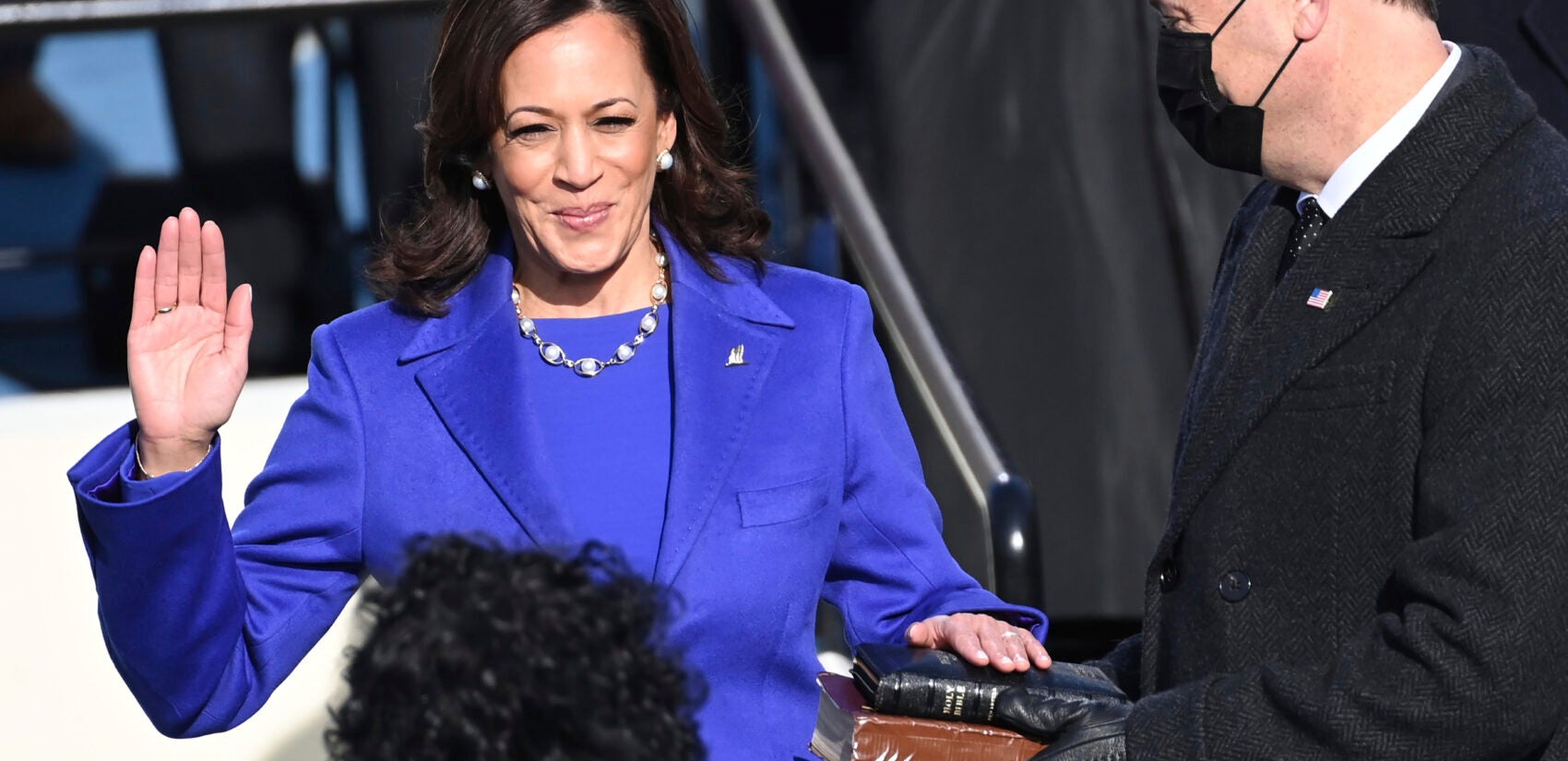
4. It took a while to find her footing as VP, but when she did, she focused on issues that are key to younger voters
Despite Harris’ underwhelming performance in the 2020 Democratic presidential primary, Biden nominated her to be his running mate, making her the first Black woman and person of Indian descent to be nominated by a major party for national office. The announcement was celebrated by many in the party: She had been seen as a rising leader among Democrats, and capable of leading an increasingly diversifying party and country.
But things went off to a rocky start when she entered the White House. She misstepped in an interview with NBC’s Lester Holt when answering why she had not yet visited the border at the time, had turnover in her staff, and had consistently low approval ratings early into her tenure as vice president.
Although Harris was initially seen as uncomfortable in the role, she quickly grew into the job. Harris said the Supreme Court’s overturning of Roe v. Wade in 2022 galvanized her, and she rewrote an entire speech she was supposed to deliver at an event about maternal health that day. She became the primary messenger on abortion and reproductive rights. Additionally, she campaigned aggressively for gun safety, has tried to connect with more women and people of color during her tenure, and was praised by progressives for her forceful call for a ceasefire in the Israel-Hamas war.
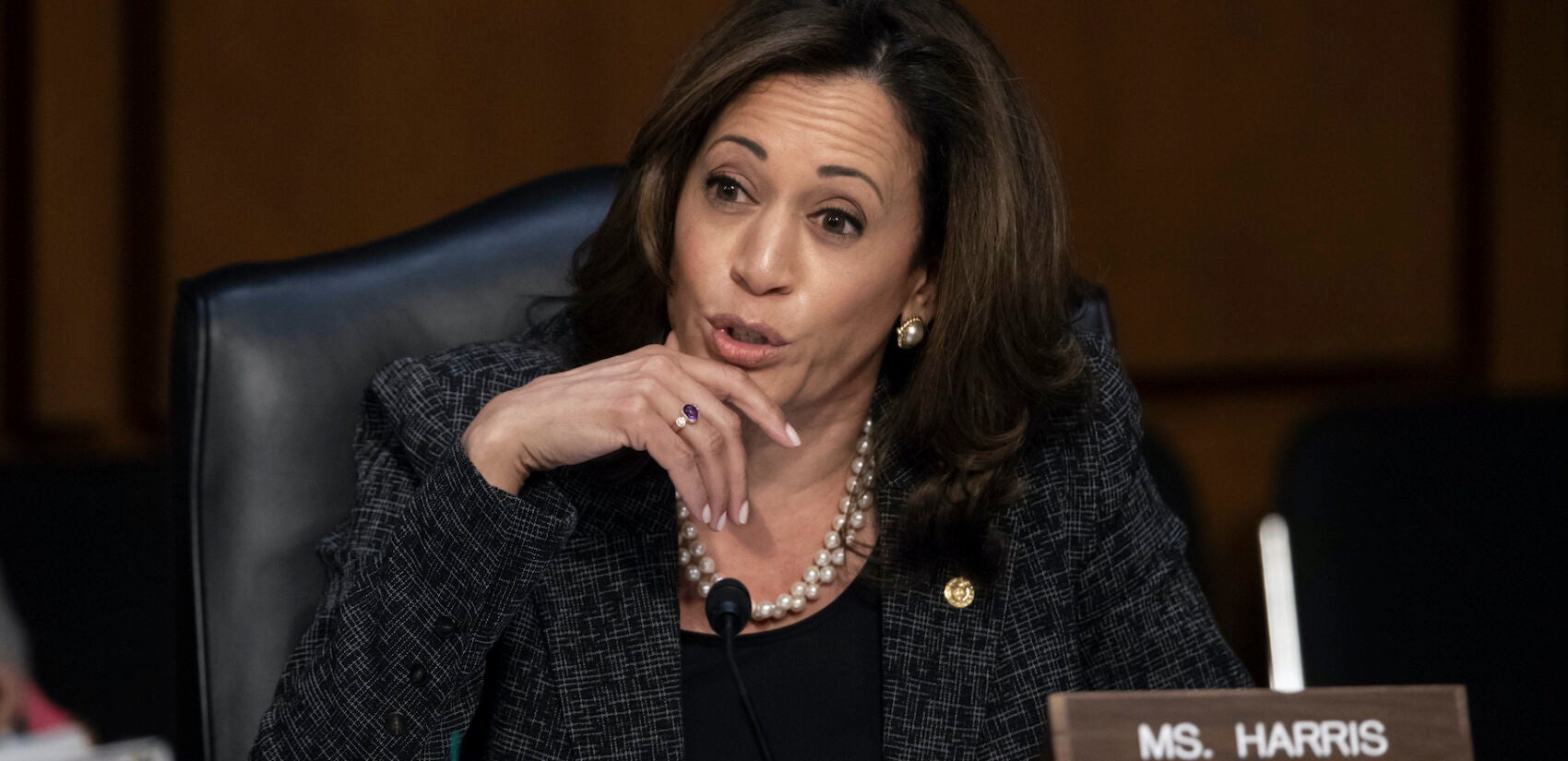
5. Her race and gender have made her subject to sexist and racist attacks
While many women in politics are often victims of sexist remarks and verbal abuse, a 2020 study tracking more than 300,000 instances of gendered abuse and disinformation against 13 women political candidates found that Harris was the target of such attacks 78% of the time.
Nina Jankowicz, who researches disinformation targeting women in politics and is the co-founder and CEO of the American Sunlight Project, said harmful narratives are “part of the criticism and abuse that women in public life frequently receive.”
The attacks against Harris in particular have often come from many on the right, including Trump and his running mate, Ohio Sen. JD Vance. Trump advanced a birtherism conspiracy theory about Harris that falsely stated she was not qualified to run as vice president back in 2020. Trump also called Harris “crazy,” and often ridicules the way she laughs — yet another display of hyper-criticizing women’s voices.
And Jankowicz said that it’s important to call out the sexist and racist online trolling against Harris that’s only grown since Biden’s announcement on Sunday.
“And I just think it’s really important at this historic moment that we label these narratives and lies as what they are: an attempt to undermine Kamala Harris’ public service and her record of public service because of her gender, her background and her skin color,” she said.

Get daily updates from WHYY News!
WHYY is your source for fact-based, in-depth journalism and information. As a nonprofit organization, we rely on financial support from readers like you. Please give today.


